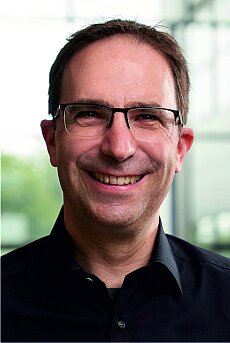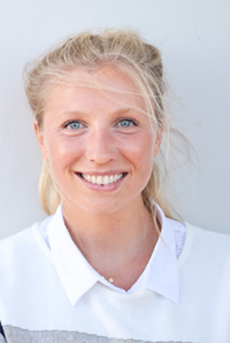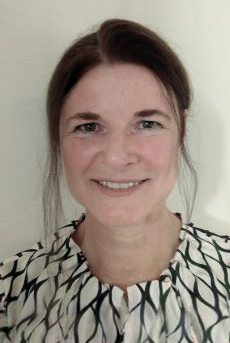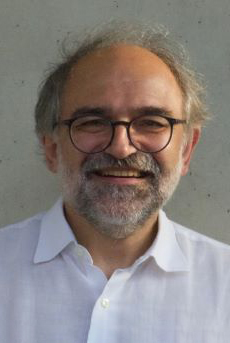Welcome note of the Conference Chairs




Dear Colleagues and Friends,
We are pleased to welcome you to the Microscopy Conference MC 2025, which will take place from August 31st to September 4th, 2025, in the charming city of Karlsruhe, Germany. Whether you're a student just starting out in the fascinating world of microscopy, a technician on the hunt for the latest gear and scientific techniques, or an experienced scientist or renowned expert, this will be your European microscopy conference in 2025. Our goal is to create an inspiring atmosphere where ideas can flourish, and new collaborations can bloom.
Following the tradition of the ‘Dreiländertagung’, the Austrian, German, and Swiss Societies for Electron Microscopy (ASEM, DGE, SSOM) are excited to set the stage for vibrant scientific exchange and innovation sparked by the passion for science. We are expecting over 1,000 participants from around the globe, making this a truly international celebration of microscopy.
In addition, the Karlsruhe Institute of Technology (KIT), celebrating its 200th anniversary in 2025, will host pre-conference workshops on August 31. These workshops promise an intense exchange with experienced researchers and a warm invitation to young microscopists to dive right in.
The Messe Karlsruhe, with its spacious halls and well-equipped conference rooms, is the perfect location for our main scientific program. It offers excellent facilities for both, instrument exhibitions and scientific presentations, along with ample space for coffee and lunch breaks, ensuring that our shared passion for microscopy research has both, the room —and the refreshments— it needs to thrive!
Our scientific programme will feature plenary talks on the hottest current topics. You'll hear about the latest advances in instrumentation and methods, materials science, and life sciences through invited talks, as well as oral and poster presentations. The event will be completed by the opening and closing ceremonies, award presentations, and prize lectures.
We are looking forward to seeing you all in Karlsruhe – you will make our conference a truly special and genuine experience, a unique platform for exchanging ideas and insights.
Warm regards,
Christian Kübel, Yolita M. Eggeler, Astrid Pundt, Rasmus Schröder
Conference Chairs, MC 2025
Welcome note of the Mayor of Karlsruhe
The big picture is visible in the smallest details
With the Microscopy Conference 2025, we are welcoming one of the most important specialist congresses in the field of microscopy to the fan-shaped city of Karlsruhe. It is a special pleasure for me to welcome the microscopy societies from Germany, Austria and Switzerland as well as all interested parties on behalf of the city.
As early as the 18th century, the British scholar Henry Baker recognised that microscopy revolutionised the human perspective: What appears coarse to the eye reveals a fascinating subtlety under the microscope. The motto ‘Maxima in Minimis’ - ‘The greatest exists in the smallest’ - has lost none of its relevance to this day.
Modern microscopy shows us molecular structures in the nanometre range and opens up new horizons through the use of digitalisation and artificial intelligence. These technologies offer tools that support scientists in overcoming the great challenges of our time - be it in medicine, where life-saving findings in cancer research, for example, give hope, or in the further development of materials and manufacturing techniques.
In a time of technological change and global challenges, the work of science is more exciting and important than ever. The Microscopy Conference 2025 offers the perfect platform to discover the latest developments, exchange ideas and work together on innovative solutions.
I wish you inspiring insights, enriching discussions and, above all, one thing: stay curious!
Dr Frank Mentrup
Lord Mayor
